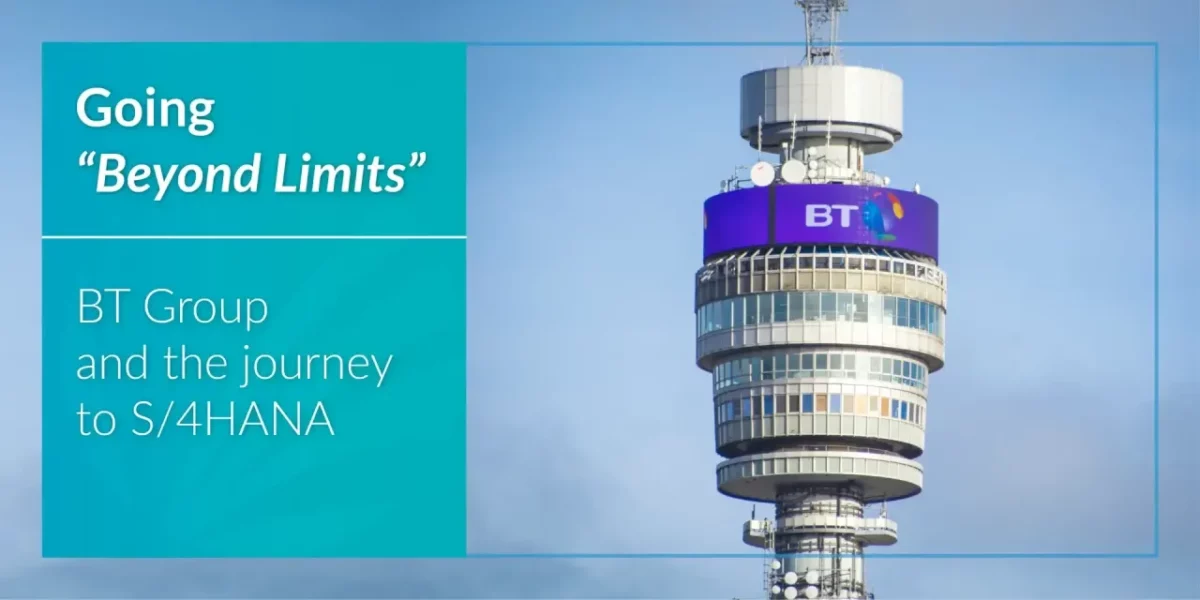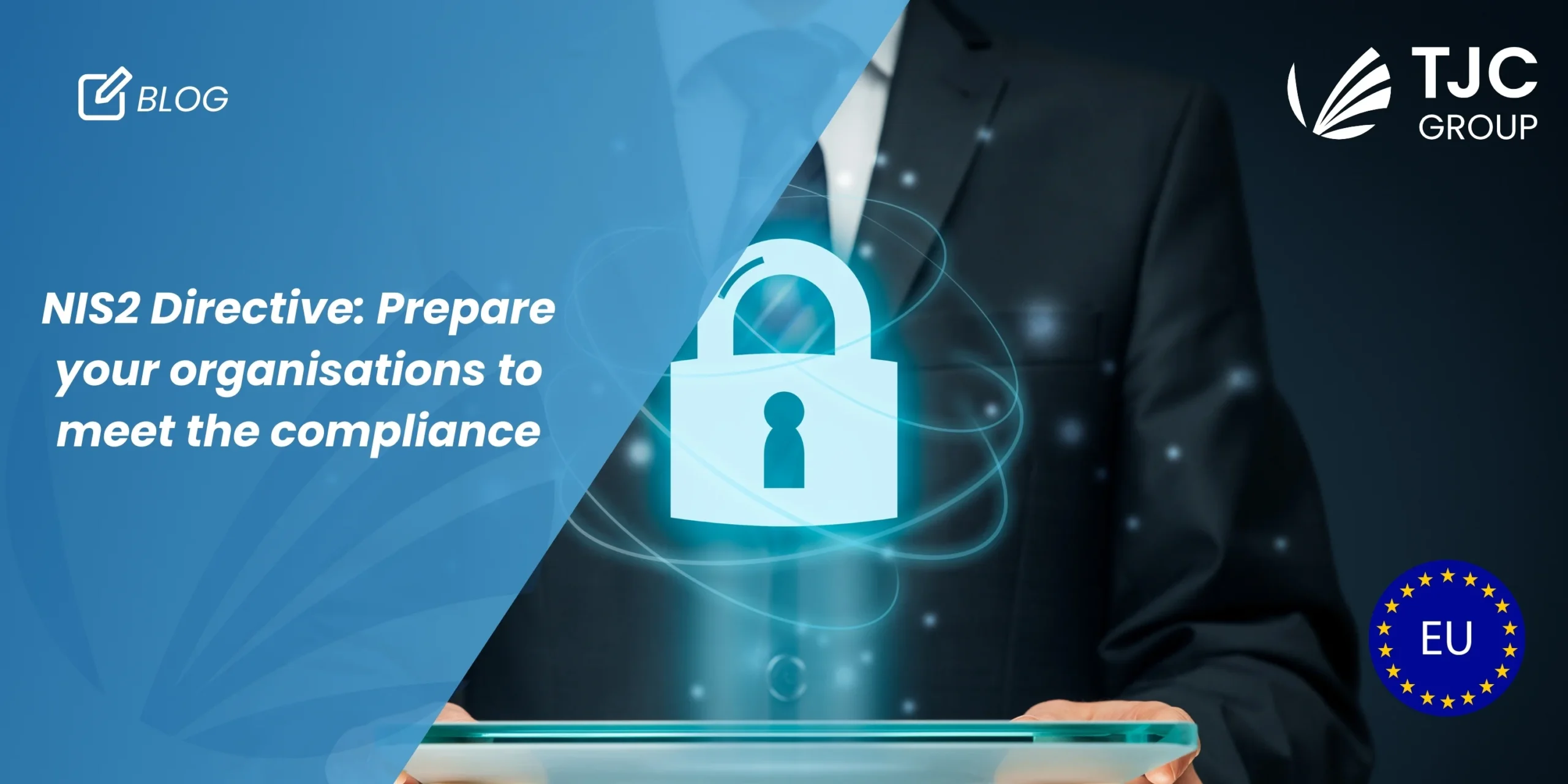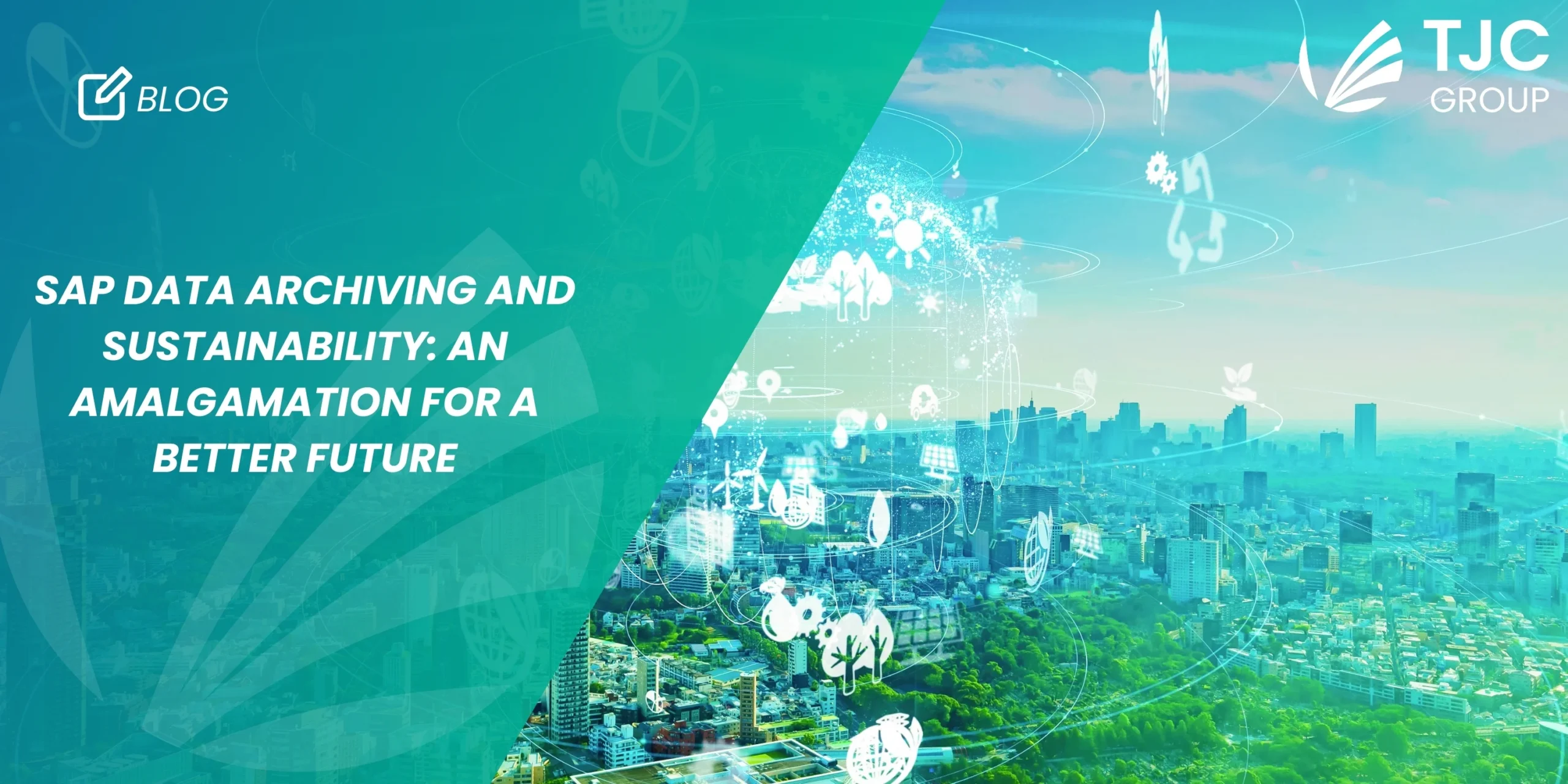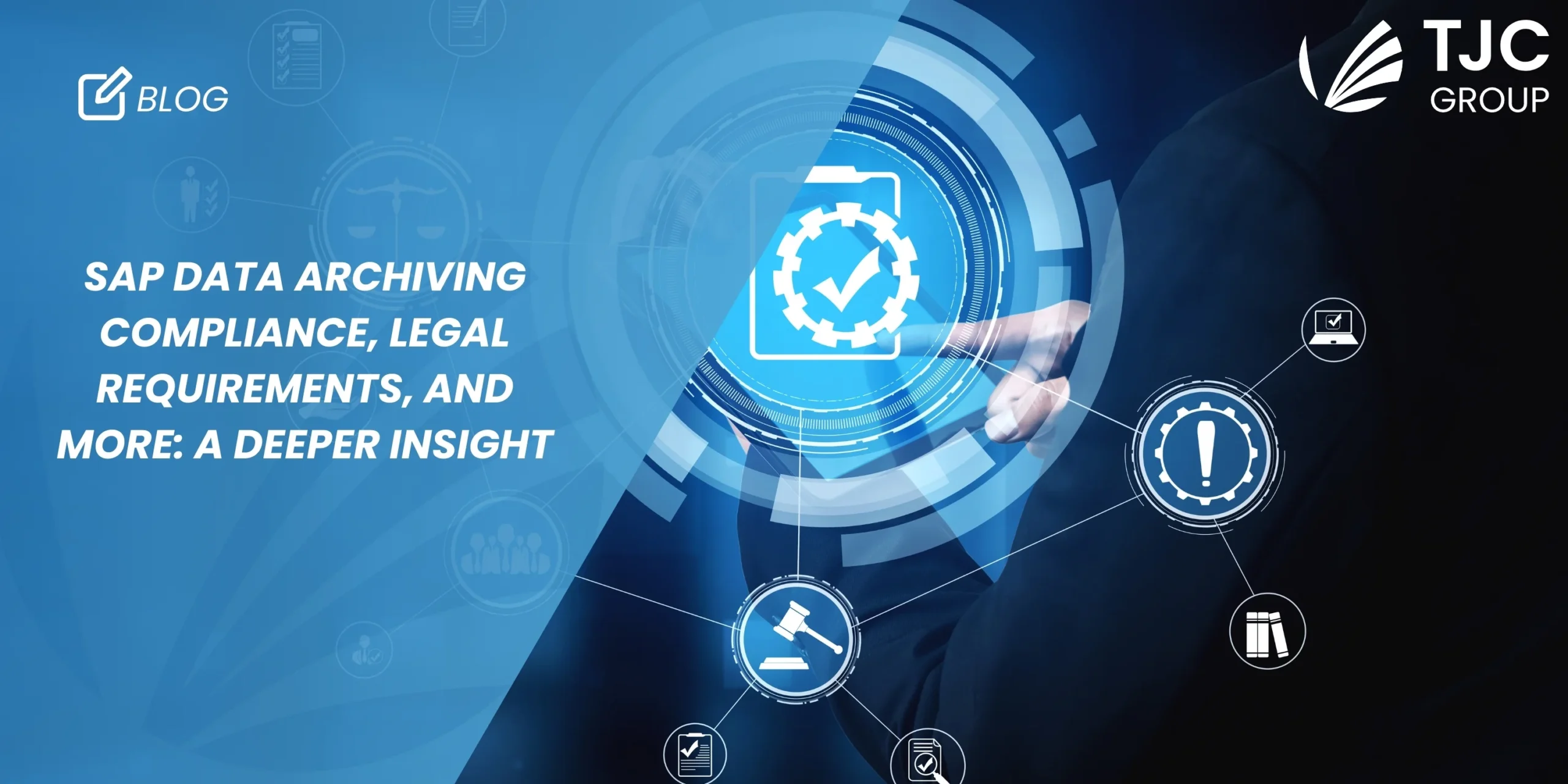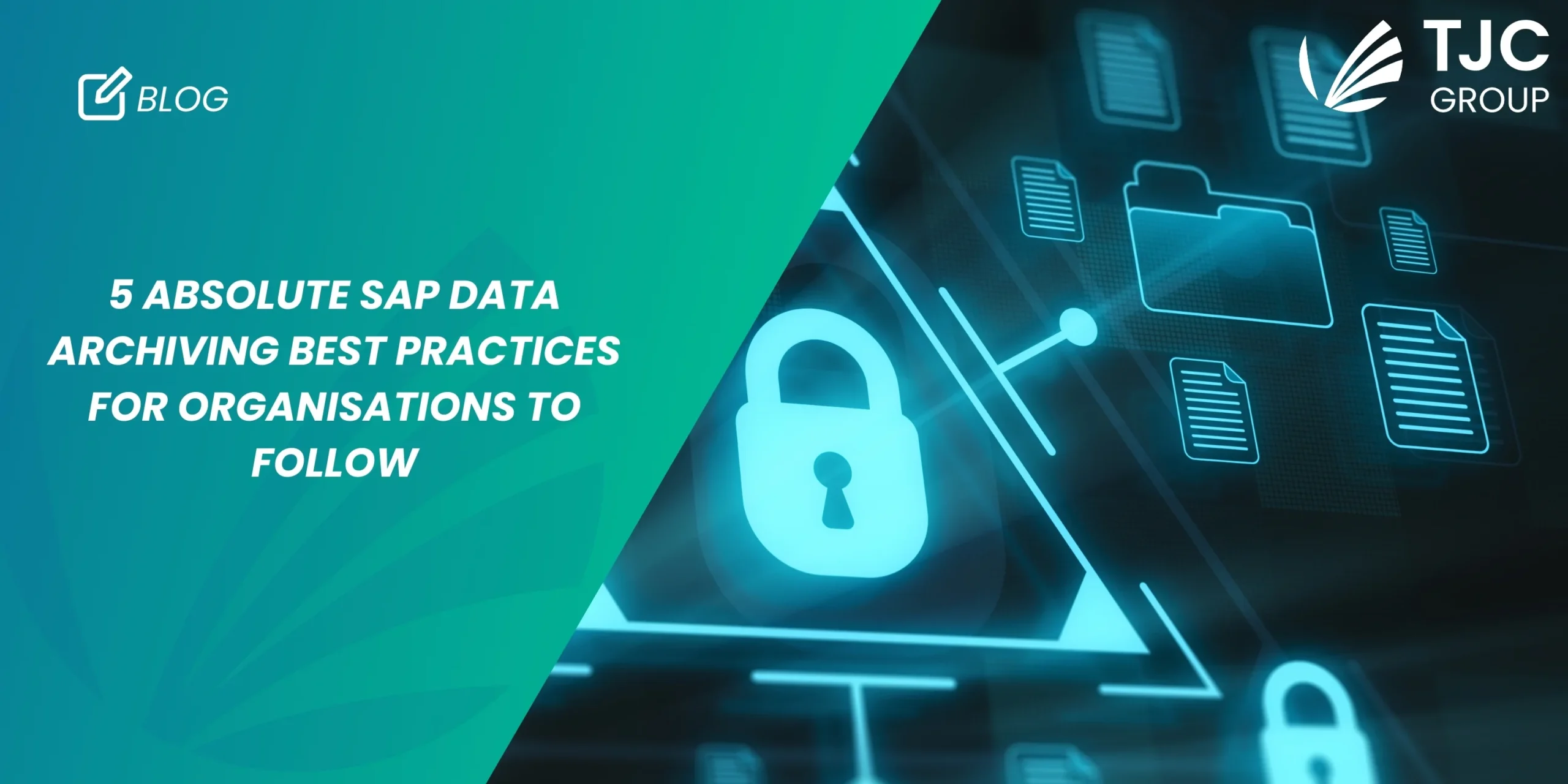In December 2019, British Telecom / EE presented at the UKISUG Connect event and discussed the Benefits of Data archiving, what their status is now, and what their expectations are regarding Data Archiving in the near-term future. BT Group also shared the organisations view on the journey toward S/4 HANA which they envision as a full business transformation to go “beyond limits”, not just an IT upgrade.
Project Background
BT Group was a large Oracle user but in 2019, the company strategically decided to move forward into the new decade on the SAP S/4HANA platform. On the other hand, the British mobile network operator and internet service provider EE was acquired by BT Group in February 2015. The key requirements of the acquisition were to drive IT consolidation and reduce or remove duplicated system capabilities, along with the need for business transformation.
On the other hand, EE had invested on SAP ECC6 and they were culminating the merger between Orange UK and T-Mobile UK. That posed a challenge for IT teams: bringing the two systems together onto one system meant more data. And they were experiencing a significant growth of data. In late 2016, EE was asked to do a data centre move when they realised their volume of data in the databases was too large and, fundamentally, needed to be halved to allow that to happen in the window they had to do the data centre move. For this purpose, BT Group / EE partnered with TJC Group, to automate mass data archiving based on a range of variables.
Ensuring system performance with Data Archiving
At the UKISUG Connect conference, Mark Holmes, Principal Enterprise Architect ERP Core & EE ERP integration, summarised the reasons why the company decided to implement a Data Archiving project on EE SAP ECC6 estate.
When data keeps growing exponentially, it slows the system down and that impinges some critical business processes during the day, such as getting the orders through the supply chain. BT /EE teams worked with TJC Group to automates the full data archiving process, eliminating any manual error and duplications without impacting on business processes.
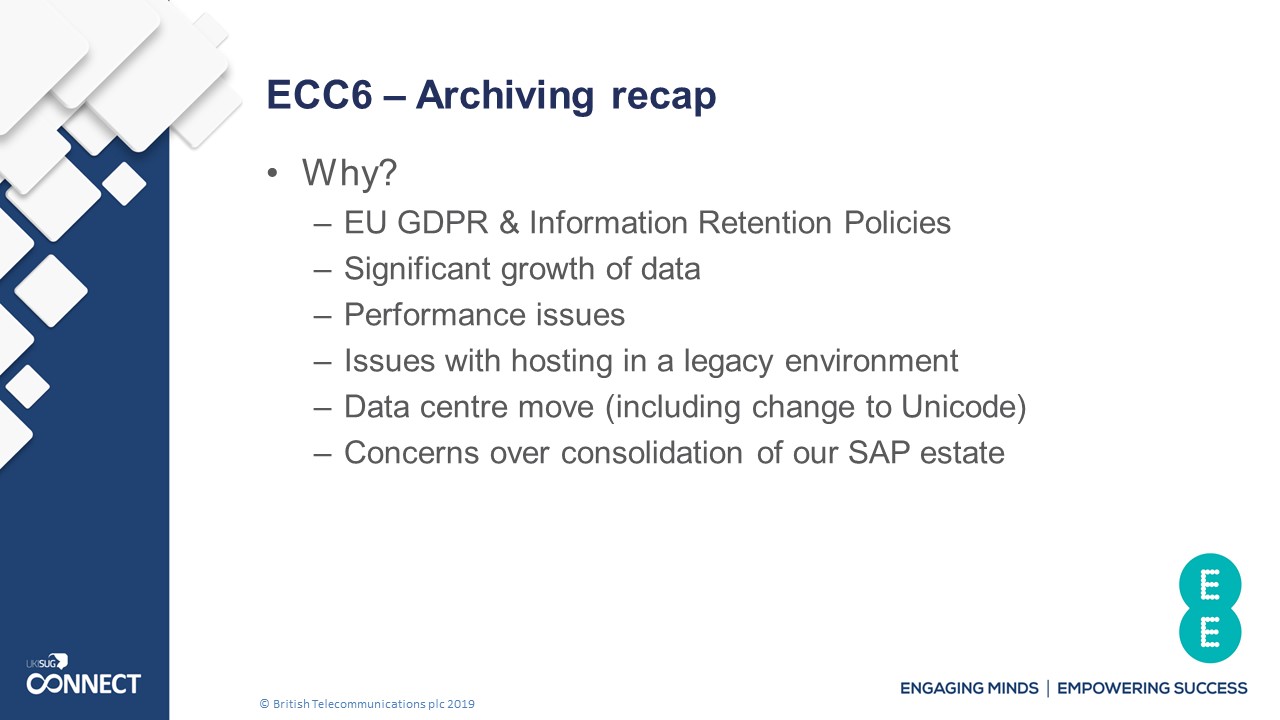
The key benefits around the archiving for ECC 6.0 were around reducing the support effort for actually performing the archiving. That’s where the Archiving Sessions Cockpit (ASC) was of great value because it makes sure that careful and meticulous activity is executed on a regular basis and we keep the system clean. Organisations like BT Group/EE benefit of the ASC by achieving a significant data volume reduction, reaching an average archiving ratio of at least 95%. In this sense, BT was able to ensure the ERP system was not growing out of control, while staying compliant with the company information retention policies and EU GDPR regulations.
“Automation of the data archiving project has certainly been a big win for EE. Trying to do data archiving without that is almost like trying to put somebody on a hamster wheel. It’s hard work, but it’s an automated process so once you get it up and running, it’s there”.
Mark Holmes from BT Group.
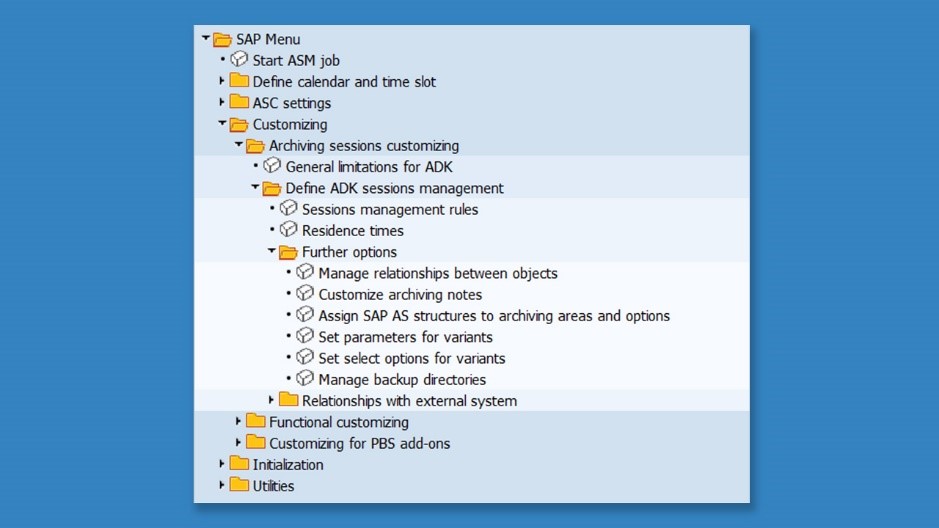
Shaping the business transformation
BT Group aims at adopting powerful technologies that offer the best value. The company’s strategy is centred around three key pillars: delivering differentiated customer experiences, build the best converged network and modernise the business to become simple, lean and agile . That is why in 2019 the company selected SAP S/4HANA Finance (Single-tenant Edition) to power its digital core, supported by the SAP Cloud Platform and SAP Analytics Cloud.
BT group sees the move to S/4HANA as a Business Transformation across the whole organisation, not as an IT upgrade. In fact, the new technologies offer the opportunity to improve their processes, the ability to upgrade technology efficiently and the capacity to identify new functionality and adopt these where they demonstrate additional value.
“It’s really about trying to make a step change in our capability, to challenge what we’re doing and to use best in class processes and streamline those policies so we can make a substantial step forward”, pinpoints Holmes.
The journey to S/4HANA
BT is now paving the way to make the move to S/4HANA. For that purpose, IT teams continue to work seamlessly with TJC Group to optimise database volumes and will continue to do so, bearing in mind that the data tiering does not work in S4 HANA for the time being. By archiving data that is no longer in use, the data volume that needs to make the move to SAP S/4HANA can significantly reduce. That means also reducing the scope, duration, complexity and total cost of your SAP S/4HANA migration project as well as saving on hardware and licensing costs.
When a large corporation makes decisions that impact and transform the whole business, then there are essential considerations which must be included in the holistic thought process.
In this sense, BT IT teams concluded that it is essential to have a clear picture of the complete data profile:
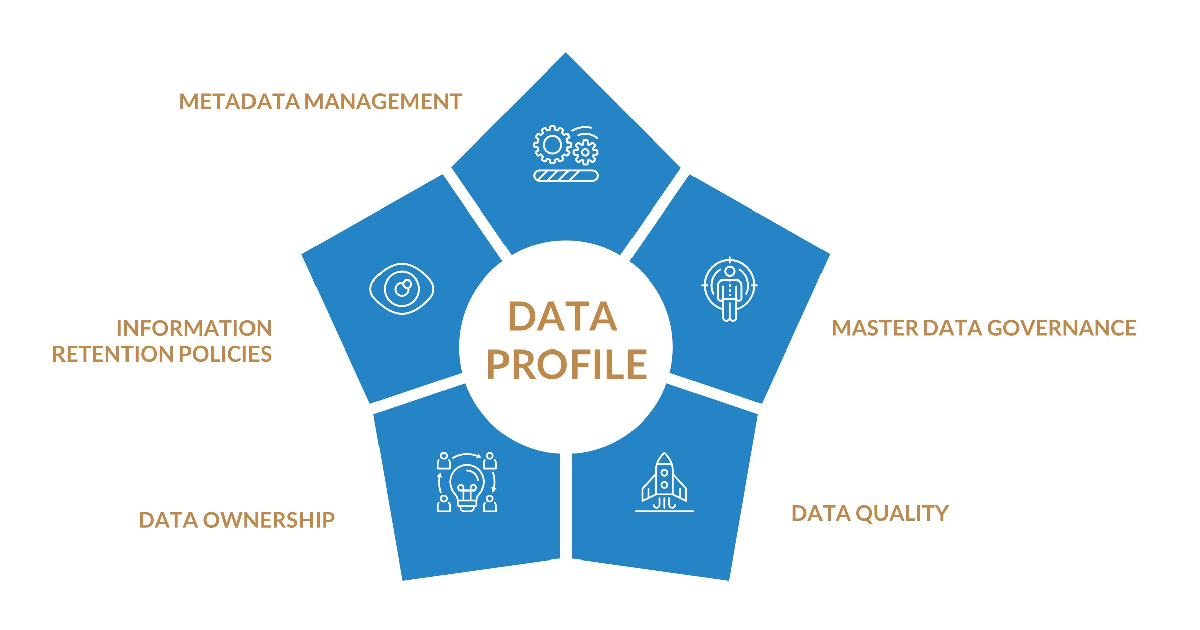
- Metadata Management: it is paramount to understand the information the system needs about the data. When driving a busines transformation, make sure your dictionary, definitions and KPIs are in place and that the whole organisation is aligned.
- Master Data Governance. Control your data and avoid duplications.
- Data Quality – the consistency and reliability of the data. Is the legacy data good enough to migrate? Is your data stable. These are questions to be addressed when planning the migration to S4.
- Data Ownership – who is the business user who is responsible for the creation and processing of that data? Ownership of data is essential to the success of the transformation.
- Information Retention Policies should be sorted right from the start so that way you can have them in place and your archiving rules can be set up.
Clearly no transformation is going to happen unless you talk about productivity. Principles like ‘Fit to Standard’ retains cost controls and minimises expenditure on customisation[s]. It’s about reviewing and simplifying the policies in place on a “Monitor, Review, Refine, Improve, Monitor’ base.
Similarly, part of the transformation is based around designing improved processes, a straightforward user experience and reduction of the training costs for incumbent and new users. From these aspects, the future focuses in ensuring better insights on the data and the new processes, as well as to demonstrate that the improved value reflects favourably against the transformation costs.
Last but not least, the best results come when every team is working to the same goal. The transformation has to be seen as a business transformation merging Business and Technology, BT Group and working alongside partners and vendors.
Recap and Lessons learnt
To summarise, the above in four simple but key points, and to allow others to short-circuit the lessons learned by BT over these 5 years, you as the reader can understand why BT considered Data Archiving is such an important element of this message:
- Data Ownership is an essential aspect
- Archiving requires buy-in and acceptance from the business users
- S/4HANA is about Business Transformation, not IT upgrade
- The need to consider Data and Archiving as a key part of the S/4HANA journey
Data Archiving plays an essential role in maintaining SAP system performance as your business data increases over time, while lowering the Total Cost of Ownership by deleting data that is no longer required. Onboard data aging has limited value at managing business data in S/4HANA. That’s why data archiving is the most reliable methodology for data volume management.
The recording of Mark Holmes’ breakout session can be found here.
Find out more information about how Data Archiving can help an organisation prepare for S/4HANA. Get in touch.
1 Source: SAP press release, https://news.sap.com/uk/2019/12/bt-group-selects-sap-as-key-partner-for-major-technology-enablement-programme/


